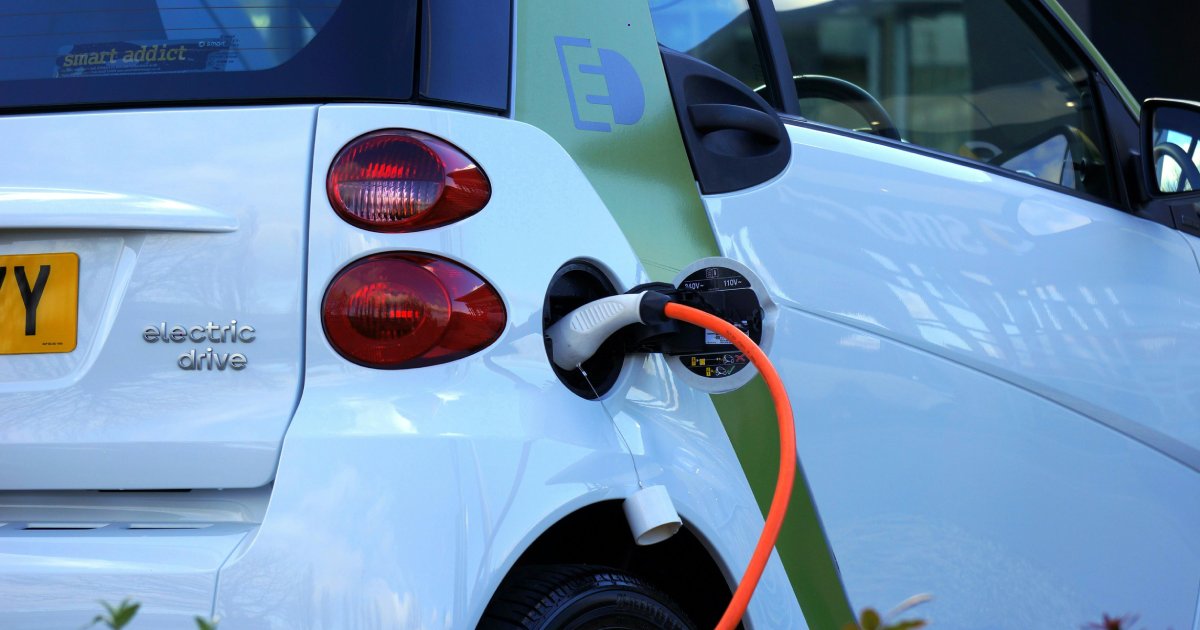Jump Starting Brand Licensing for Electric Vehicles

By Mark Seavy
Sales of electric vehicles (EV) have been steadily increasing, but it’s not yet clear whether brand licensing related to the category will also take off.
Much will depend on the EV category’s ability to transcend the initial sale of a vehicle—the average sale price is about $52,000—and cross over to become a lifestyle brand akin to Jeep, Mustang, Ferrari, and others, according to licensing executives. It could be a long road, given that EVs are forecast to account for about 10% of U.S. auto sales in 2024 with global sales forecast to hit 17 million units this year, up from 14 million in 2023.
But there are signs there is real potential for licensing connected to EVs.
The leading EV maker Tesla designs apparel in-house and sells it online and through dealerships rather than at retail. Ride-on vehicle supplier Radio Flyer is selling an electric version of the Tesla Model S ($499) for children and a My First Model Y ($89) for one- to four-year-olds. Nosotros Tequila launched 80-proof Tesla Tequila in 2020 packaged in a lightning bolt-shaped bottle ($999). And Mattel has produced Tesla die cast cars under its Matchbox and Hot Wheels brands.
EV supplier Rivian sells apparel and accessories through its online “Gear Shop,” including hoodies ($70) made with 25% recycled polyester, caps ($35), 20-ounce water bottles, and compass logo t-shirts ($35). Lucid Motors also has an online shop, with merchandise including t-shirts ($48).
“With lifestyle, it is about how you convey before somebody jumps out of a car what they are going to look like and what their passions are,” said Michael Almeida, Managing Director for Business Development at The Joester Loria Group, which represents Toyota, home to the Prius hybrid vehicle that was introduced in 2000. “When you see a Jeep Wrangler or a Ford F150, you kind of know who that person is. So, until EVs can take ownership of some consumer-based lanes, it is going to be tough [for licensing].”
Indeed, most of the EV merchandise available is likely being sold to vehicle owners who have already developed an affinity for the brand, licensing executives said. If that trend continues, the growth of brand licensing connected to the category will also depend on vehicle sales picking up at a much faster rate than they have in recent months.
Tesla’s Q1 sales dropped to 387,000 vehicles, down from 422,875 a year earlier. And General Motors’ EV sales fell 22% in Q1, due partly to its decision to discontinue the current version of the Chevrolet Bolt, a new generation of which is due in 2025. Ford has also delayed the introduction of an all-electric SUV and pickup truck and instead will focus on offering hybrid options across its lineup by 2030.
However, the International Energy Agency forecasted in April that EVs will account for half of global auto sales by 2035 (this includes both EVs and hybrid vehicles). And, in the U.S., EVs accounted for 1.4 million registrations in 2023, up 45% from the previous year.
One market more amenable to licensed merchandise might be China. In China, 60% of EVs are sold for less than gas-powered vehicles, a reverse of the U.S. market where they remain more expensive. As a result, EV sales are expected to reach 10 million units in China this year and account for 45% of auto sales in a market led by BYD Co., Geely Global (Zeekr brand), Nio Inc., and others.
“The market for licensed EV products is going to take some time to emerge,” a licensing executive said. “There aren’t too many EVs that have captured that lifestyle in a way where they can leverage that power and appeal from a consumer products perspective. I don’t think the product offering is such that people are affixing cult-like behavior to it. Tesla is more of an anomaly, but much of that is attached to [Tesla CEO] Elon Musk and not the car itself.”




